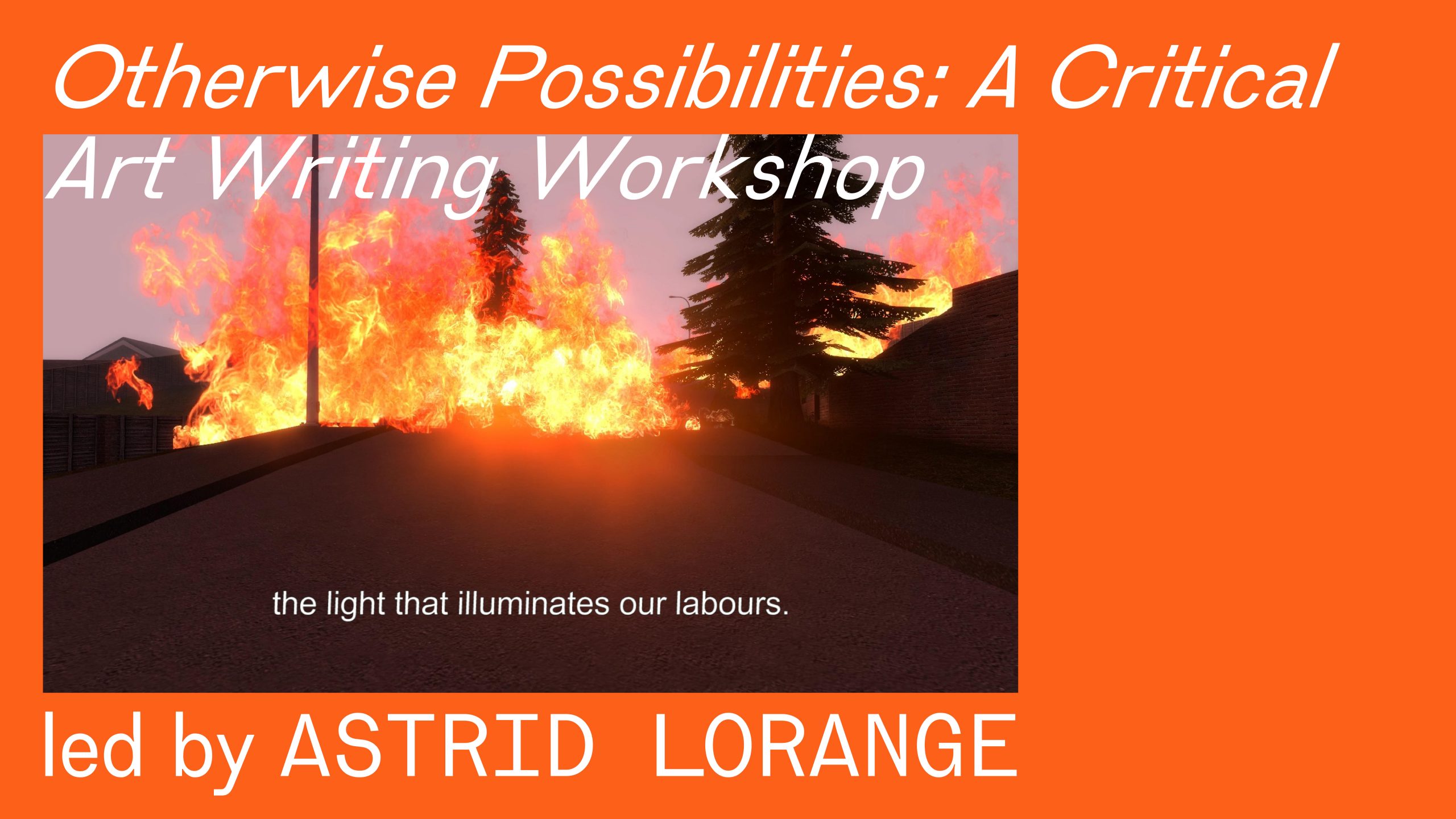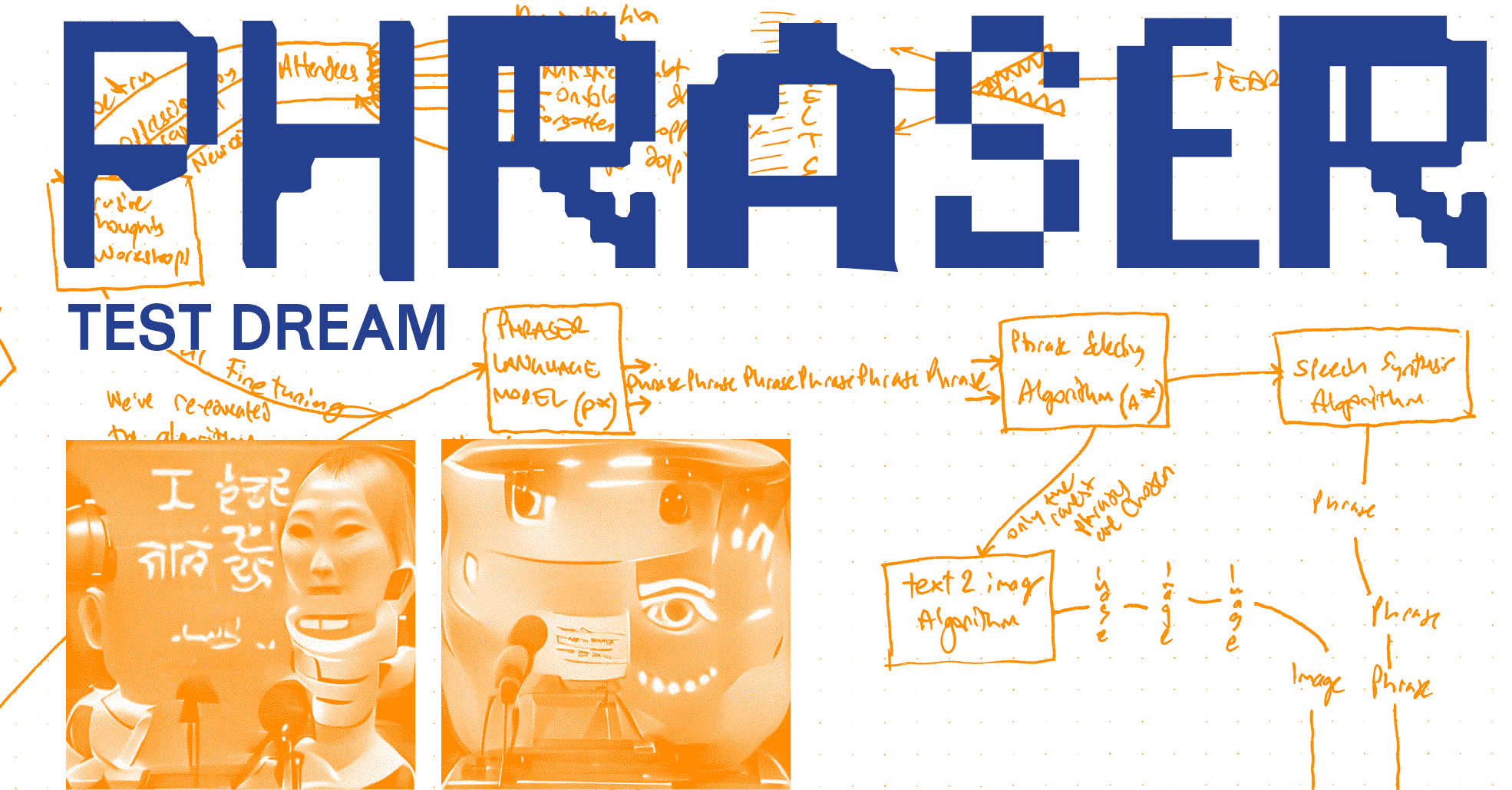Time, After Time
Time, After Time: A Reenactment Workshop, was a workshop series developed and run by myself (Camila Galaz) at School House Studios through Free Association for Channels Festival. Selected through an EOI process, the participants were: Emanuel Rodriguez-Chaves, Indiah Money, Kate Stodart, Sumarlinah Raden Winoto, Sean Miles, Kate O’Boyle, Sha Sarwari, and Georgia Kartas.
Reenactment is often spoken of as a revisiting of history to understand the past through the present. But within contemporary art sometimes reenactment is an aim, sometimes a tool, and sometimes an element within a larger work. For this workshop, I proposed reperformance as a framework – as a way of approaching the creation of art that looks to use or respond to histories, archives, and other source materials. We looked at examples of works, mostly video and installation-based by Renata Poljak, Sylvia Kolbowski, Petrit Halilaj, Carlos Motta, Yoshua Okon, Rod Dickinson, and Alfredo Jaar among others.
Reenactment allows us access to a range of thought processes around meaning, ethics, and personhood, which are essential when creating works that use history and archive. History is always mediated – through archives, oral histories, technology, official history, books, photographs, and cultural memory. Reperformance allows us to look to and dissect the histories and stories these recount, but also to interrogate the conditions of the source material itself – the mediums and contexts through which we view and access history. Because no matter what we do, source material will always contain its conditions embedded within it. It is not objective. This can be seen in specific source material, but also in archival practices themselves.
In addition to this, we also looked at issues of truth. It is difficult to decipher what is actually true in a world where technology and the mass media is filtering much of the information that we receive, and where collective memory is mediated through the state, but also through pop culture. Many works that use reenactment use it to highlight or pull apart the layers of mediation that are entangled into our knowledge and perception of history and information in general. These works problematise historical truth – reconsidering what was presented as truth, the forces in play that shaped it, and the purpose of the presentation of that evidence.
A key component of effective and ethical reperformance is a strong justification for the use of a particular source. It is not something to be used flippantly and it’s important that we analyse our motivations in working in this way. These works often link into histories and tell stories that may become part of the narrative itself. Through our discussions in the workshops, we looked to think beyond ourselves – to the past, and to the future that might be influenced or represented by the works.
These are difficult things to work through, and I think once through it, that a conclusion against reperformance is sometimes a necessity. To this I offered the relative safe haven of responsive work, rather than reperformative. A breaking apart of the script, and an abstracting from the original. In these cases, reperformance is a tool and a stepping stone to work through complexities and consider the connections and power dynamics at play.
As artists we are not necessarily coming to conclusions or to a particular point, but displacing and recontextualising, a Deluezian unfolding of the singular to speak to the multitude. But within this, the most important element is self-awareness and being flexible enough to make adjustments to our practices as we go along. To borrow from Cyndi Lauper: Caught up in circles, confusion is nothing new.
There are many types of artworks and artists that use reperformance. They can be grouped through this medium, however, conceptually can be disparate in method and intention. Each of our participants came with their own source material. Some of these are highly personal, familial stories, while others are connected to topics and histories of relevance to the themes of the participants’ practices. Some participants were finding new directions for themselves, and others were delving deeper into projects already underway.
Working in this way takes time. Time to unpack and repack, but also to give thought to ethical considerations. I would also add, from my own experience, often the creation of highly personal work that may be connected to your family, runs in parallel to the hard work of unpacking this emotionally and sometimes physically within your life. All of these works are smaller components to larger research and studio based projects; works within themselves, but also gestures towards broader ideas. A bringing back of previous occurrences into our minds, to analyse them in new contexts.
The works-in-progress were shown at a public presentation on Friday September 13, 2019 at School House Studios. They took the form of videos and durational performances that were presented simultaneously.
Video:
Emanuel Rodriguez-Chaves, 1 de Julio, 1981
What can we do to represent an action, an event, a person, when there are not enough images found? How can art deal with this issue without being didactic, thus, losing agency? Are images empty containers waiting to be filled? This work tries to work within an intricate frame of issues around political violence, ethics, the use of archives, and the role of art.
Indiah Money, Soft Hands, Can’t Remember
This piece is calling to Money’s Wiradjuri grandmother, Dorothy. Dorothy Williams was a member of the Stolen Generation. There weren’t many possessions or photographs of hers handed down to her son, Money’s father. In these works Money performs lost images of Dorothy to embody her memory.
Sumarlinah Raden Winoto, the little mermaid
with music by Lera Auerbach
a study of Die Klein’s Meerjungfrau by John Neumeier (2005) on fluidity of bodies. a re-enactment of Neumeiers choreography as a practice of self love and acceptance in a non-binary body.
Performances:
Georgia Kartas, Card Games
Georgia Kartas will excavate her great-grandfather’s journals by listening through the ears of his daughter, and her grandmother, Γεωργία Κάρτα. Born in Russia in 1893, he went to school with Stalin, and brought his father’s bones back to Greece when forced to flee on foot. Γεωργία never knew her own birthday, and hid her personal past when she married. This history is pockmarked with half-truths, twisted facts, and contradictory information. So the work is absorbed through sound alone, in the original tongue, because it is not a riddles to be solved, but a sense of history to be felt.
Sean Miles, Ngāti-Raukawa, Ngāti-Ahuru, Balls were wasted on you
The term takatāpui, in modern Te Ao Māori, is a way of identifying that relieves us from the colonial binaries of gender and sexuality that have been imposed on our bodies and ways of being by white Western culture. Jane Campion’s 1993 film The Piano is a pakeha love story set in 1850s Aotearoa and features some Māori characters in the background of the films main narrative. My source material for this re-performance is Mika X Haka’s brief background cameo as an apparent takatāpui in this film. To me, Mika’s enactment is their way on connecting to our takatāpui ancestors. By re-performing Mika’s pose and movements, I hope the connect to this trajectory of takatāpui whakapapa, whilst simultaneously pulling takatāpui portrayals from the background to centre focus.
Kate O’Boyle, Part 1: Extracting the extractor
This work sees the artist performing alongside a piece of excavated Carrara marble. Removed during renovations to a religious site in Naarm (Melbourne), the large slab was cut into 30 kg pieces for human transportation. Attempting to extract an excavation bolt from the dense stone, Kate considers the use of marble in religious ritual and institutional authority. The first step in a journey which will see Kate take the scarred marble block back to Italy at the end of this year, this performance is an initial meeting of bodies and an attempt not at undoing, but locating human intervention and material agency.
Sha Sarwari, From Me, To You
Next year will mark the 20th year since my arrival to Australia. My imagination is still trapped in the past, my experience in detention centre, through the fierce political and social discourse surrounding refugees. From Me, To You is slight accounts of fragmented memory that reflect the mood of detainees and the time spent I in the detention centre in the year 2000 on the wake of the new millennium.
Kate Stodard, specimen
Stodart’s performance considers the dehumanising language used in mental illness diagnostic and treatment processes.
Camila Galaz is a visual artist whose practice uses video, drawing, and installation to explore intimate connections to history and collective memory. Recent exhibitions in Melbourne include c3 Contemporary Art Space, BLINDSIDE, Seventh Gallery, and KINGS Artist-Run. In 2018 she presented online projects with Sister Gallery and The Digital Writers’ Festival. Galaz is the recipient of the 2018 MECCA M-Power Mentoring Scholarship from the National Gallery of Victoria and the 2019-2020 Australia Council EMPAC New York Residency. She is also a founding member of the performance art collective ‘The Band Presents’ (TBP), and co-ran the TBPHQ Art Space in Docklands, Melbourne from 2017-19.
We acknowledge the custodians of the land on which these workshops took place, the Wurundjeri people of the Kulin Nation, and pay respect to their Elders, past, present and emerging.








